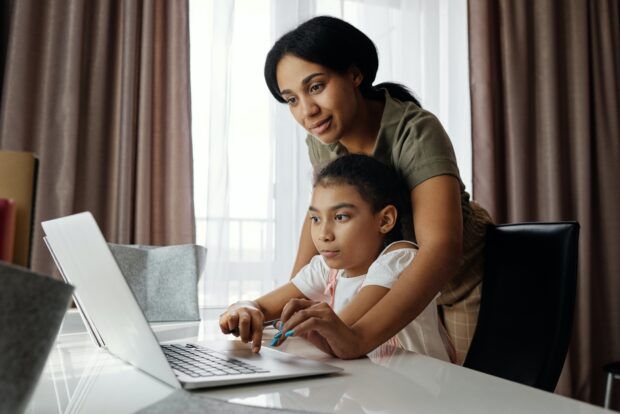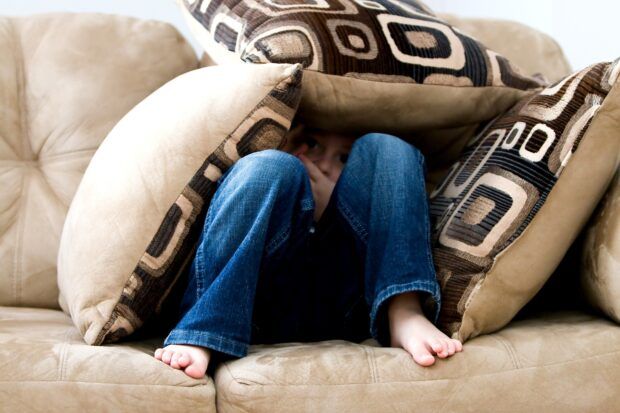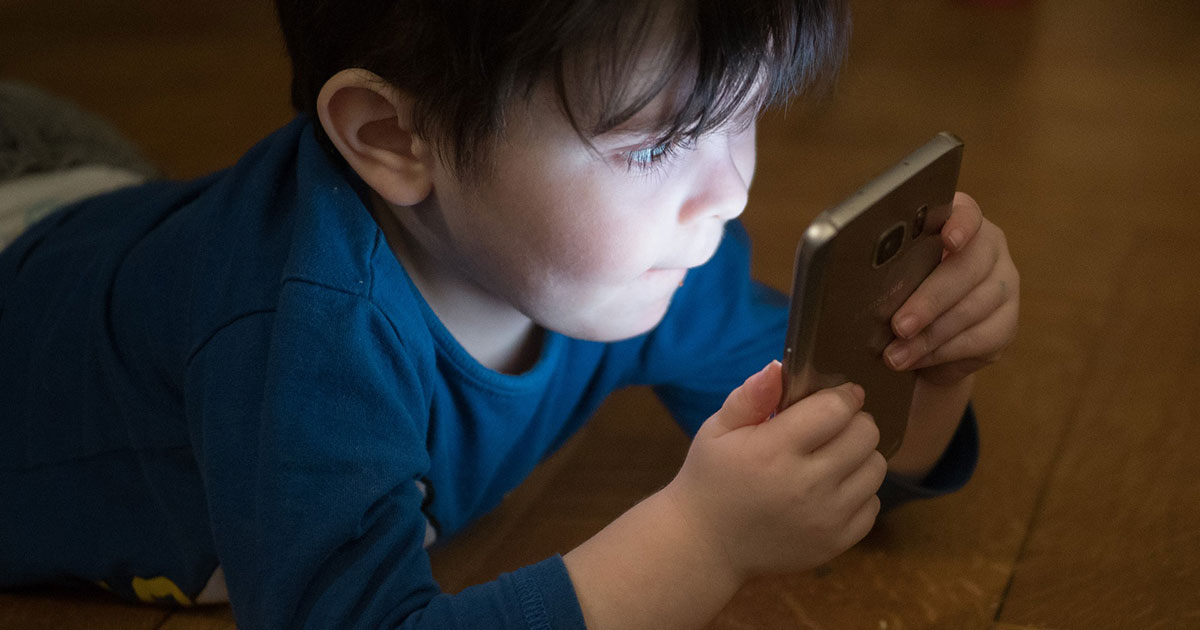Advertisement
Lifestyle
The Positive And Negative Effects Of Homeschooling

Homeschooling your children is not a new concept. During the COVID-19 epidemic, however, the term “school choice” gained a whole new meaning, as more parents saw homeschooling as more and more parents saw homeschooling as a viable option for their children.
Home education is another term for homeschooling. Instead of sending their children to public or private schools, parents educate them at home. However, homeschooling does not imply that all learning occurs at home. They could take place at a museum, a park, or even on a trip. Parents will take on full teaching responsibilities or collaborate with tutors and other homeschooling parents.
This article will discuss the positive and negative effects of homeschooling.
Positive Effects
Individuality.
Every student is special. Each of them has its own abilities and skills. If you put them together in the four corners of the room, the teachers cannot monitor each of them. On the other hand, at home, you can attend to your children’s needs and wants. On the other hand, you’ll be able to travel or move freely as a homeschooler, include religious instruction in daily learning, and avoid social pressures or bullying that your child may face at school.
Secure place of learning.
The purpose of education is to help your child not be ignorant. In school, there are common problems that your children may encounter. Bullies and discrimination are one of them. Furthermore, they might deal with people who are drinking, doing drugs, or smoking.
Strong connections.
The more time you spend with your children, the more chances you have to bond with them. If you and your family have always desired more hours in the day, homeschooling could be the answer.
Negative Effects
The difficulty of dealing with others.
The first thing that comes to mind while considering the disadvantages is the difficulty in socializing. Homeschooled children have fewer opportunities to build friendships or interact with peers than their peers. They can, of course, make acquaintances outside of school. Planning meetings or activities requires time and effort.
Lack of Resources.
In actuality, a home cannot provide the same amenities as a traditional school. It’s difficult for parents to provide all of the essential chemicals, materials, or chemistry labs for chemistry education, for example. They can find them outdoors, but it will take some work. Furthermore, parents are not experts in all disciplines and hence cannot assist children like expert teachers.
Excessive communication.
The majority of children attend school for half or full days. If you homeschool your children, you must deal with them constantly. Because they are continually under their parents’ authority, it might make children feel constrained. Furthermore, it might be aggravating if children disobey or do not understand anything.












